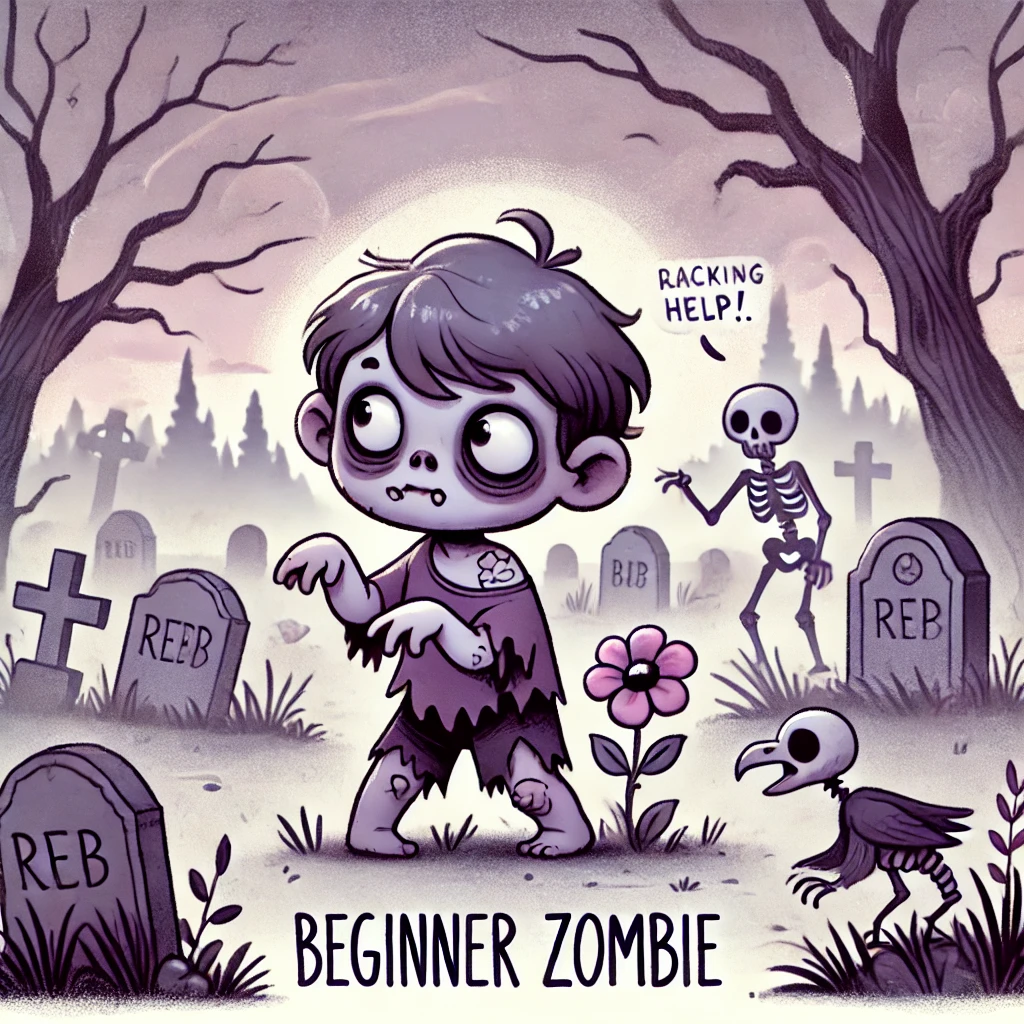TDD Journey
(Reading Time: 2 minutes 41 seconds)

Beginner Phase (0 -> 5 Years)
For the first 5 years of my development career I didn’t test anything. Then one day I was introduced to the concept at a local developer meetup. The introduction to TDD had a strong effect on me as I could tell the presenter was a very strong coder who had learned some “more advanced” ways of working.
I think this stage is characterized for me by:
- Unaware it exists
- Closed off from opinions in TDD
- Actively argue against it existing/being able to be done
- Thinking it cannot be applied everywhere
- Thinking it’s an inferior way of coding
- Thinking the people who TDD are dogmatic zealots who must do it everywhere
Learning Phase (5 -> 6 Years)

Learning the mechanics of TDD was challenging, so I decided to seek the help of a coach. I joined two book clubs. I began having my code reviewed and I finally got some feedback on code quality. At this point the learning began. It took at least half an hour to write a single test, with most tests taking hours to write. I worked on getting more test coverage on side projects, and only worked on testing on side projects as it was too much time investment for work code.
I think this is where I was on the variety of testing topics:
- Acceptance Tests/BDD: No acceptances written as I was currently learning unit tests
- Output of TDD: Higher test coverage is better
- Mechanics of TDD; I could write tests 30 minutes->hours
- Time invested in TDD: I was only working on unit testing on side projects
A big characteristic of the beginner phase is I didn’t believe yet that testing was worth it from a time perspective.
Intermediate Phase (6 -> 8.5 Years)
During this period, I was able to unit test faster, with most tests being made in seconds to minutes. I could now TDD in new projects that hadn’t been developed yet. I started attending a learning ensemble every week. There I learned the mechanics of how to write my tests first, how to refactor code with unit tests, and how to design tests to be concise. I did plateau during this phase as my learning sources had not changed in long enough.
At the intermediate stage I started to see good arguments for testing, and thought it had its place in special circumstances.
Collaboration Phase (8.5 -> 11 Years)

Here, I had new colleagues to challenge my ideas. They had informed opinions on testing, and we disagreed on several topics. Where I am at on a variety of testing topics:
- Acceptance Tests/BDD: E2E/Acceptance tests have a place in their part of the testing pyramid. I get requirements, and assurance my software works. Just be careful how many I write.
- Output of TDD: To get better at TDD I need to get better at the techniques involved. HOW do I test this, and make the tests faster, and concise, while avoiding any interdependence among them.
- Mechanics of TDD: Significantly easier to write the tests while I code. However, if the codebase is gnarly, I’m going to be writing them after.
- Time Invested in TDD: I vastly prefer to write tests in all scenarios, and the question is whether to TDD the tests or not.
At the collaboration stage the team heavily tested, and I began to believe the time investment was well worth it in the medium to long run. I actively dislike not adding tests since I think short-term payoff is little to none.